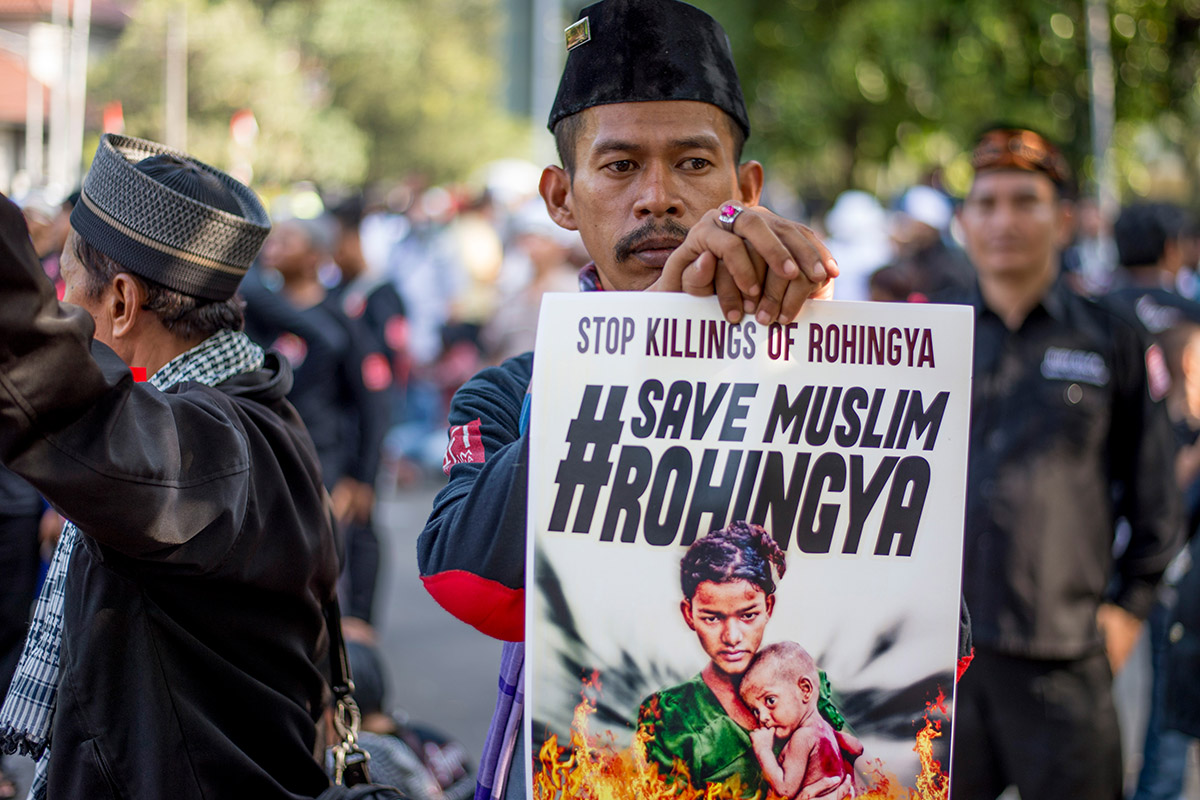As Southeast Asian leaders arrive in Singapore this week for the 32nd ASEAN Summit, the ASEAN Parliamentarians for Human Rights (APHR) today called for the urgent need to tackle human rights concerns and reform in the region.
In an open letter to the attending heads of state, the APHR called on Singapore as chair of the grouping this year to pay emphasis to emerging security challenges rooted in the flimsy human rights laws within member states. Singapore has prioritised efforts for addressing emerging regional security and economic challenges in its chairmanship agenda this year. The APHR, while supporting such concerns emphasised the importance of addressing such challenges in a holistic manner.
“An overemphasis on economic prerogatives – without adequate corresponding attention to political and social concerns, including human rights – will render ASEAN unable to achieve substantial and sustainable stability or prosperity,” the letter read.
ASEAN’s human rights records is far from clean ranging from the jailing of political prisoners, dissidents of governments, curbing of free press and religious blasphemy. The letter comes on the heels of recent setbacks in democracy and human rights in the region. The Rohingya migrant crisis has been plaguing the region for long time and crackdowns on political opposers of the ruling government in Cambodia are just some of the few incidences of human rights violations to have occurred over the past six months.
As an organisation, ASEAN is firmly non-interventionist and views any involvement of the association or its members into the human rights affairs of another country as a violation of that sacred principle. Nevertheless, the ASEAN Charter mandates for each member state to promote and respect the principles of democracy and to ensure the rights of its citizens aren’t violated.
“The ASEAN Charter mandates that member states respect and promote democracy, good governance, sustainable development, and human rights, honourable promises that ring hollow unless proper mechanisms are put in place, including the identification and implementation of strategic indicators,” said Indonesian MP Eva Kusuma Sundari, an APHR Board member.
The charter was adopted during Singapore’s previous Chairmanship in 2007. It serves as a foundation and an institutional framework towards achieving the goals of the ASEAN Community. Besides that, it also codifies ASEAN’s norms, values, rules and sets clear and accountable goals for ASEAN to achieve.
“This is an opportune time for Singapore to continue what it started and take the lead towards achieving the human rights aspirations laid out in the Charter,” Eva Sundari concluded.
